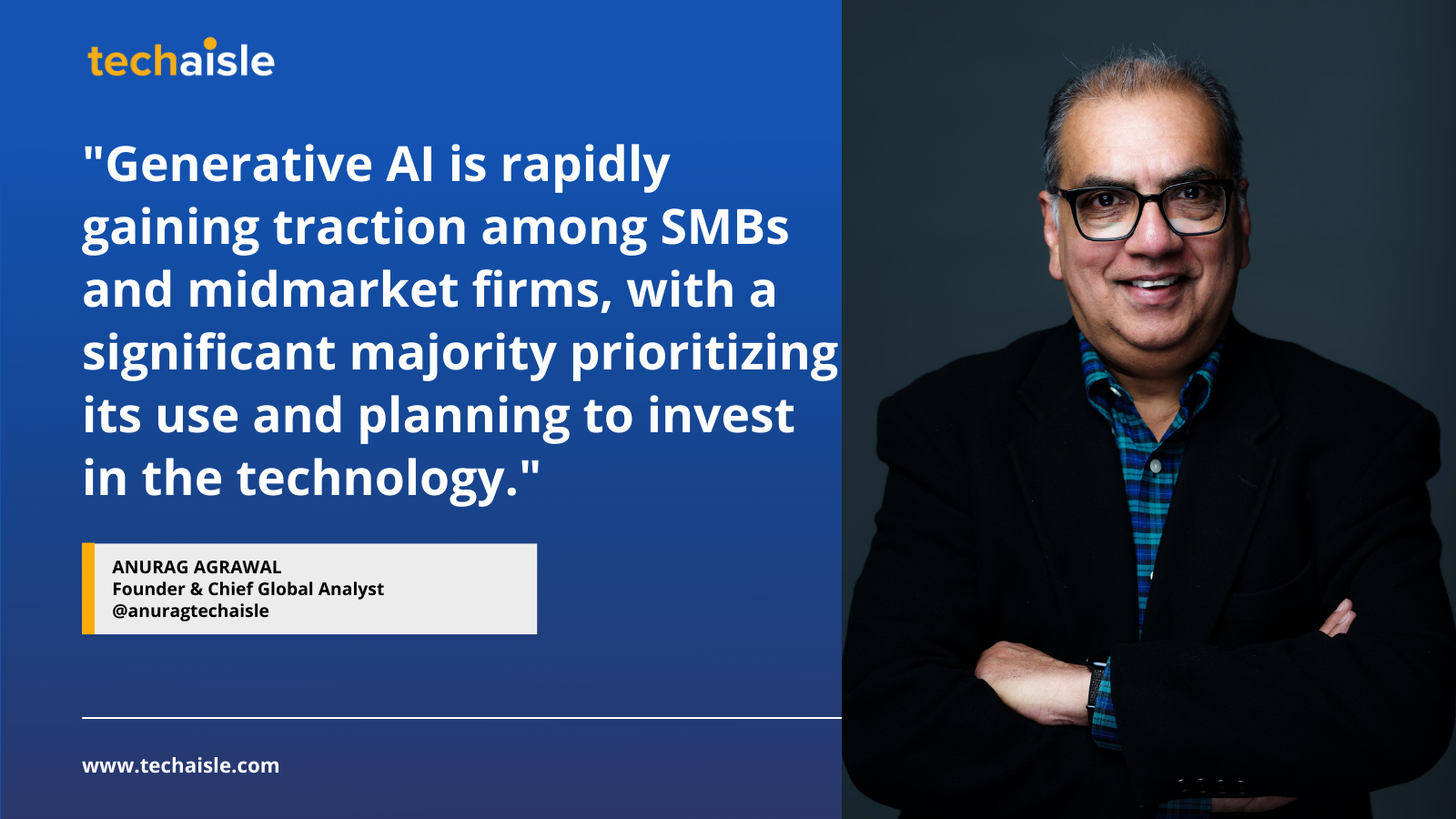Techaisle’s landmark survey of 2,115 channel partners, representing a cross-section of the partner community, indicates that while pressure for change is mounting, partners have not yet coalesced around a path forward. The Techaisle channel survey shows that the partner community members are searching for a roadmap to success. That roadmap will vary across partner models, as will the opportunities and requirements for suppliers. In this time of transition, effective channel collaboration will determine growth and viability for both individual channel businesses and their vendor suppliers.
The early years of this decade have been challenging for individuals and businesses in all sectors. In some cases, the pandemic – or, more recently, rising interest rates and declining consumer confidence – have caused tremendous upheaval, with suppliers finding that traditional definitions of the market, sales motions, and fulfillment no longer applied.
The current decade has brought an even thornier set of challenges to the IT channel. In addition to the macro conditions that apply to all businesses, and against a backdrop of changing business models, shrinking product margins, and the need to build profitable services practices, channel members need strategies to cope with:
• A shift in core customers – from technologists to an organization-wide mix of personas, including businesspeople who define technology in terms of business rather than IT functionality.
• A shift in buying and selling models – from fee-for-product/service to approaches that involve outcome-based evaluation and contracting or shared risk agreements that tie payments to achieving defined business goals.
• A shift in solution composition – from monolithic systems to modular stacks that address target functionality via APIs – as well as a corresponding change in the underlying business approach, from “design once, deploy many” to a need for individualized solutions tailored to a fluid set of customer needs.
These conditions have combined to place the channel under tremendous stress. Channel members have explored different business models, different product mixes – accompanied by demands for new skills and service capabilities – and other marketing, selling, and partner relationship configurations.
Both channel businesses and their vendor suppliers are vested in understanding how solution portfolios are changing and how the channel and vendor communities can best work together to bring solutions to market. These are complex questions, but their answers are at the heart of a wide range of sales, marketing, and executive imperatives. This study provides valuable input to those discussions.
Aligning to Changing Solution Portfolios
The starting point for an analysis of alignment to changing solution portfolios is the portfolios themselves – what is the channel selling, and how fast is revenue associated with these offerings expected to grow? Data shows that more than 80% of partner firms are selling cloud and/or collaboration, and more than 60% sell customer experience, employee experience, or analytics solutions. From a growth perspective, 80% or more of channel members anticipate growth in cloud and 5G, and 70% or more expect growth in collaboration, analytics, SD-WAN, virtualization, and/or SD-WAN.













